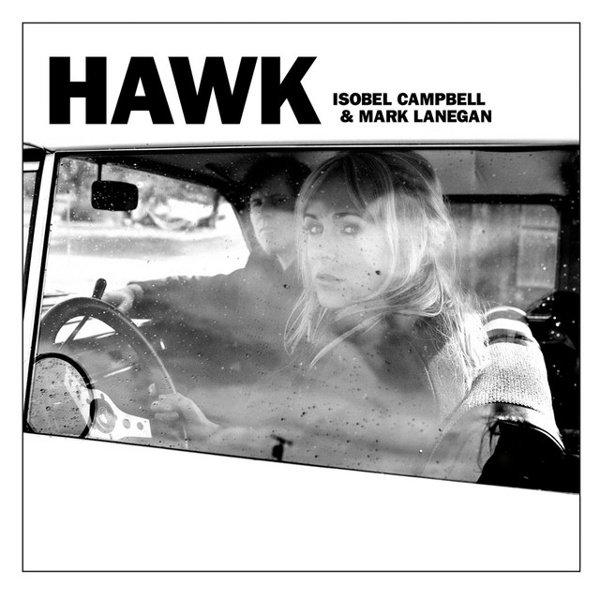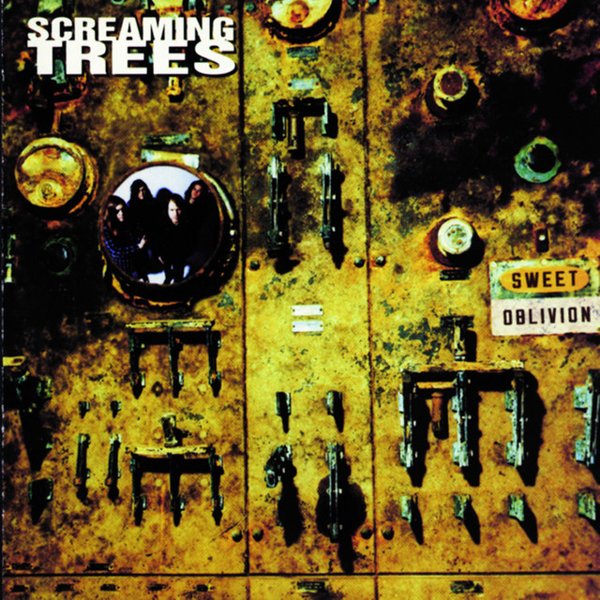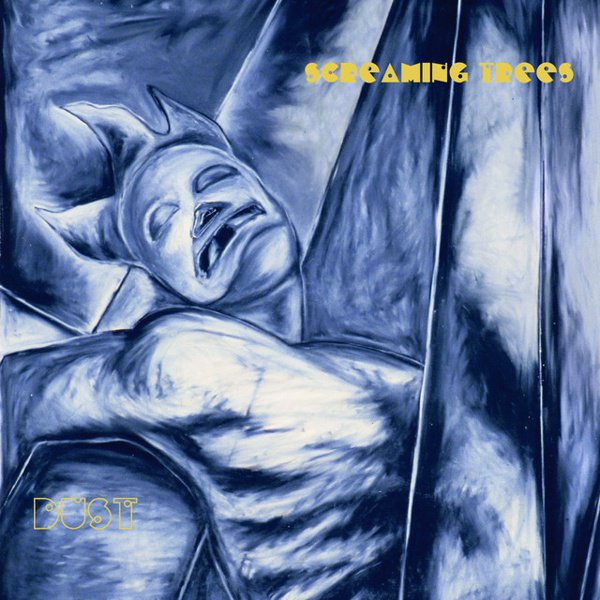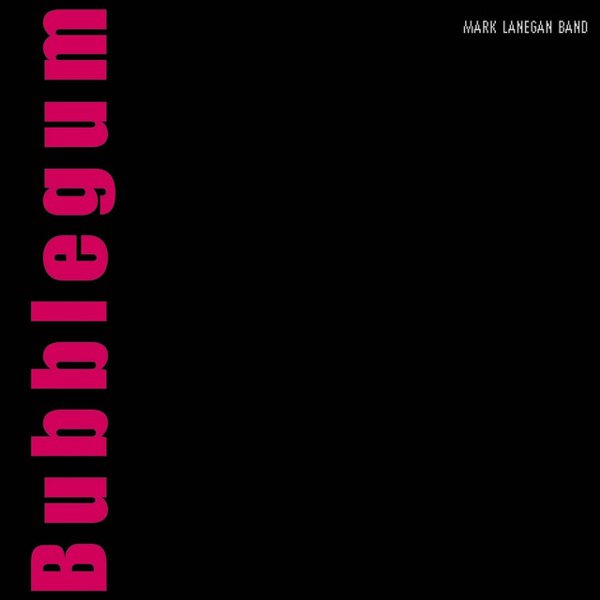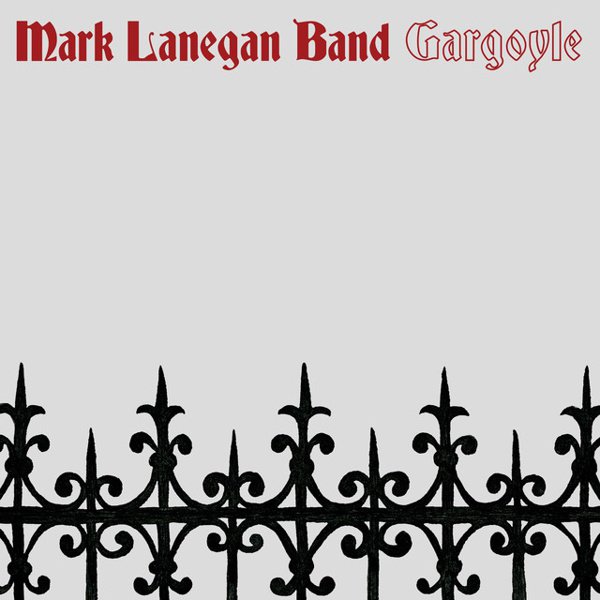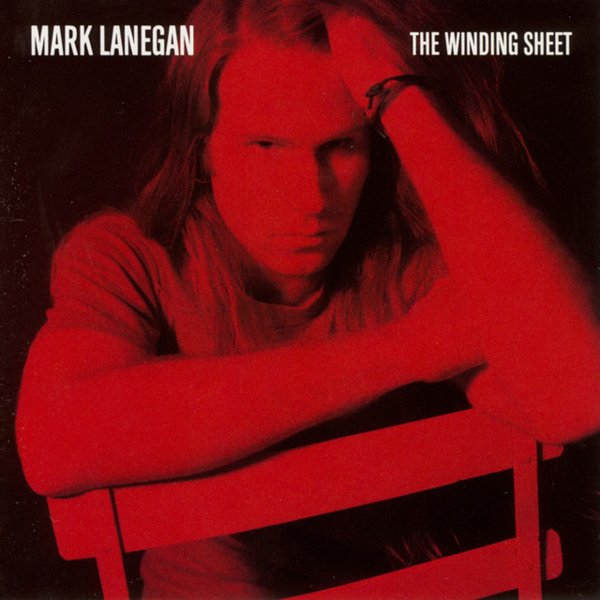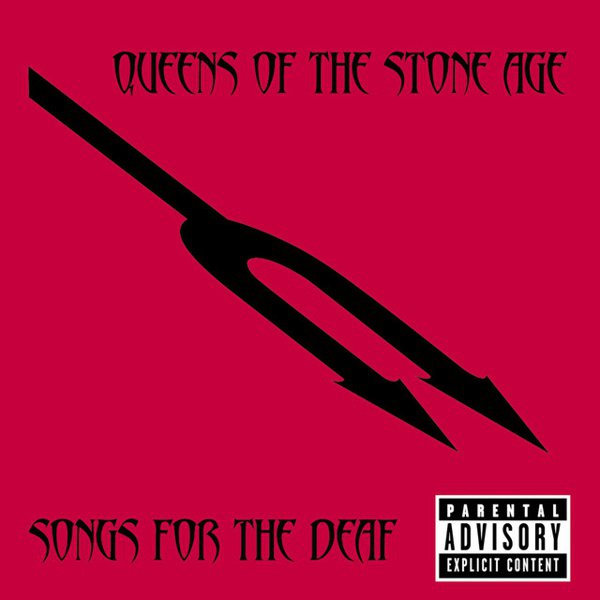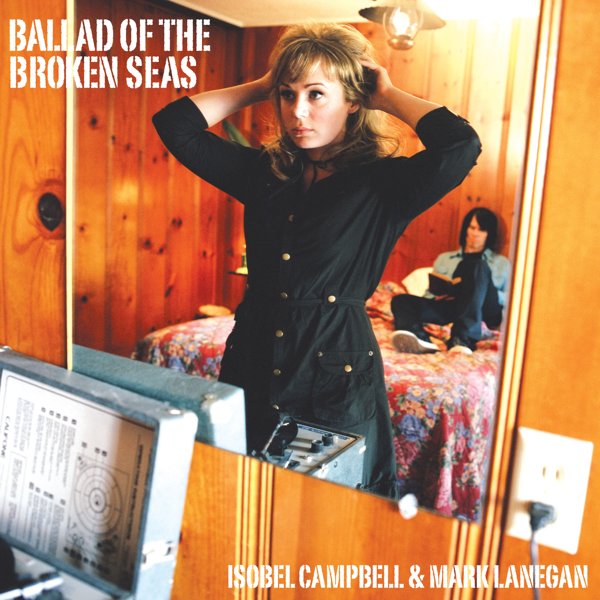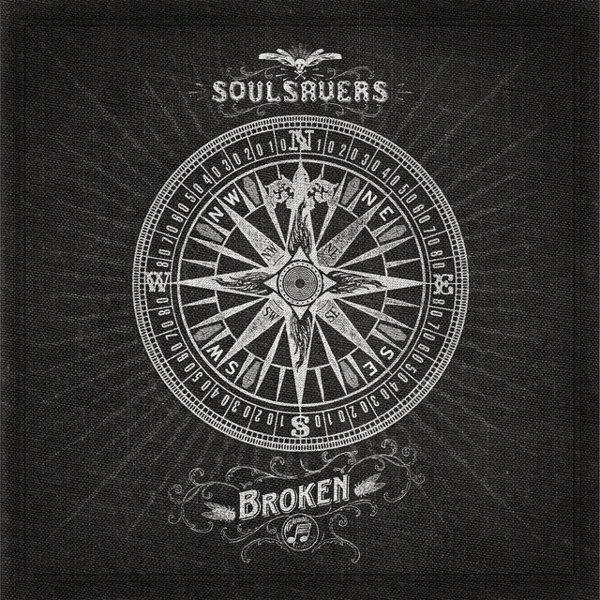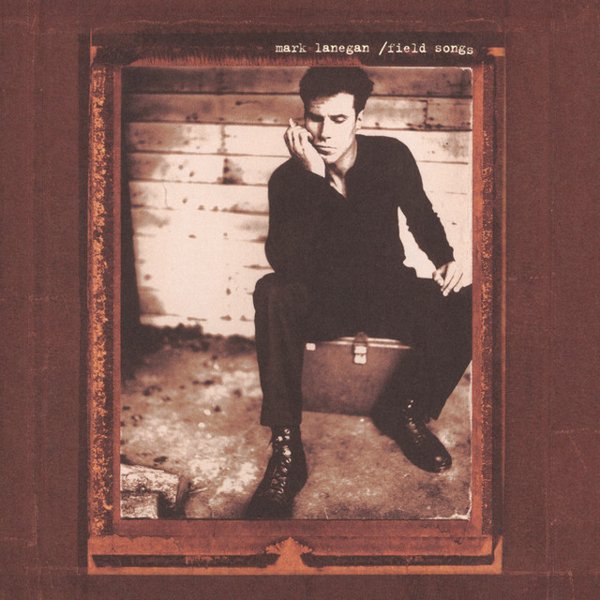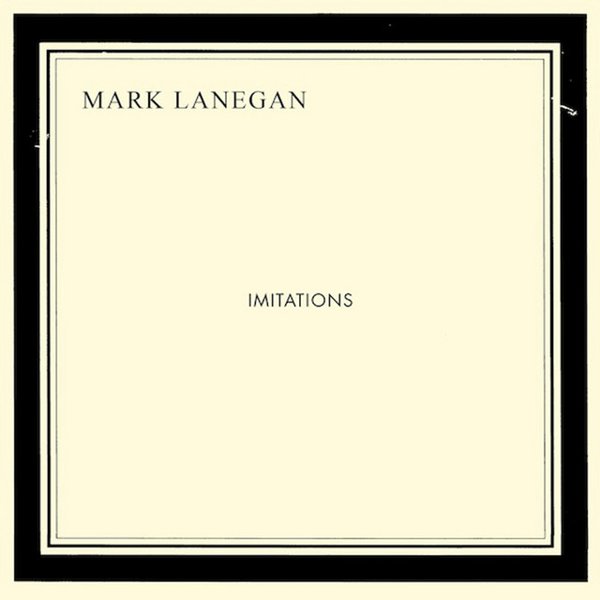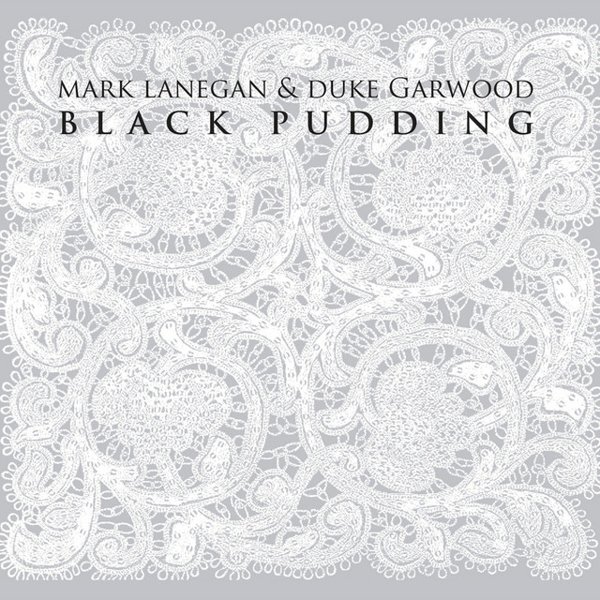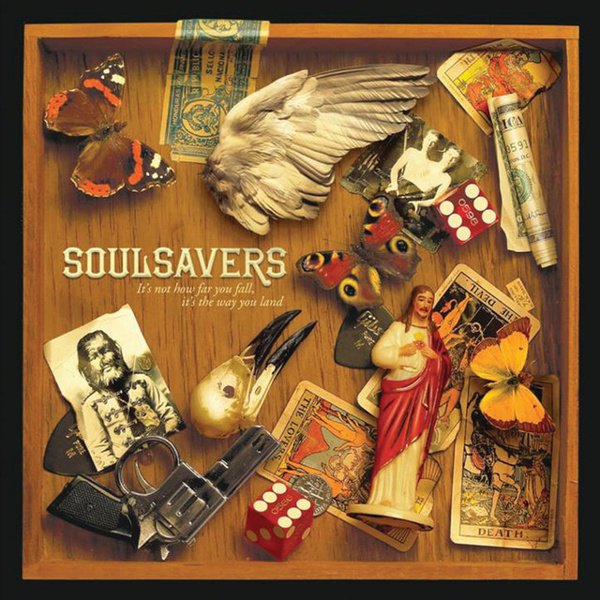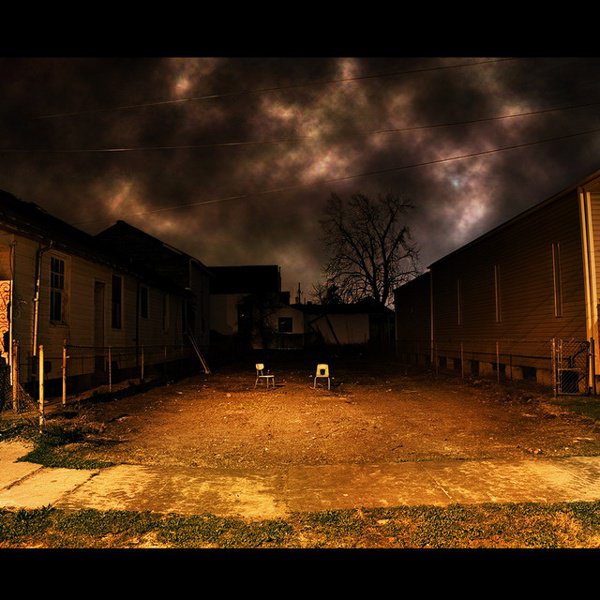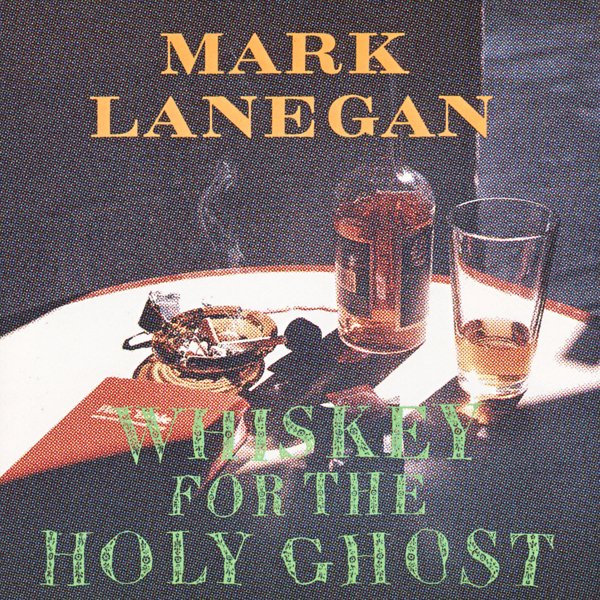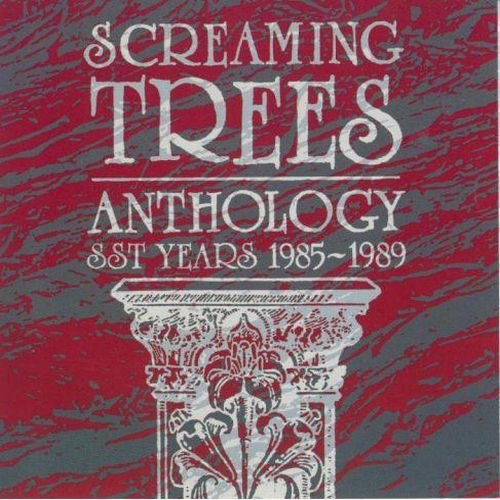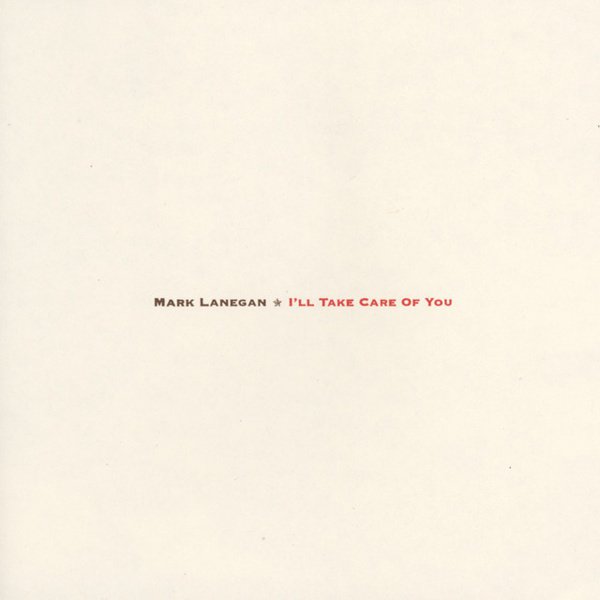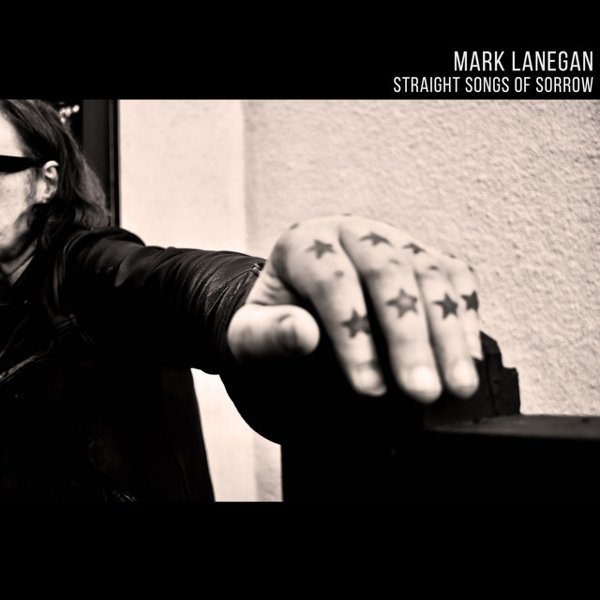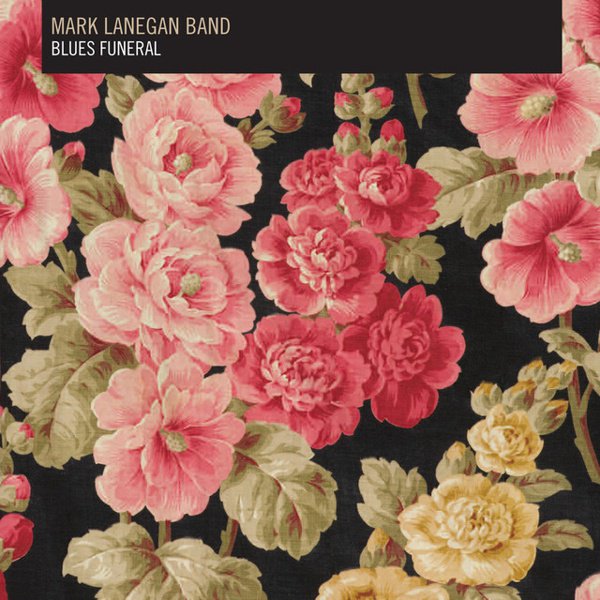The news of Mark Lanegan’s passing in 2022 at the age of 57 was a terrible shock well beyond his closest personal circles, a shock underscored by the fact that so much of his life and work felt like, as one comment that circulated after his passing put it, spitting in the face of death. As pitilessly, if darkly hilariously, detailed in his 2020 autobiography Sing Backwards and Weep, his experiences in the 1980s and 1990s grappling with addiction and how they impacted so much of his personal and professional life were harrowing to say the least, while his late 2021 book Devil in a Coma detailed his struggles with a destructive bout of COVID as that pandemic raged.
Regrets that there wouldn’t be remarkable work from him in the future were manifold, but given his awe-inspiring body of work as a singer and songwriter both in his own right and in the form of multiple collaborations in both rock contexts and beyond, it was more appropriate to note that he’d already had striking creative arcs many times over, many running simultaneously. While Lanegan had long gained understandable creative comparisons to Nick Cave as a hellhounds-on-my-trail singer steeped in American roots music and the early decades of rock and roll, in terms of his breadth of interests and reach, perhaps it’s even truer to say that he was America’s Marc Almond, inspired by the past in many ways but still artistically restless and driven to see what more could be done in the here and now as well.
The core of Lanegan’s art lay not only in his gift for vivid lyrical imagery but his remarkable vocal abilities, combining a rough-edged but rarely ragged baritone with a warm ease in exploring what he sung, changing emphasis and pitch to land the performances, whether using his words or another’s. Screaming Trees, the group that first made his name, had their breakthrough moment after almost a decade together when their song “Nearly Lost You” became a notable US video and alternative radio hit in the early nineties, its appearance on the Singles soundtrack associating them with a Seattle scene they’d been almost on a parallel line with rather than fully in the mix of. By that point, Lanegan had already begun his own solo career with 1990’s The Winding Sheet, and as Screaming Trees fitfully continued forward through the decade, Lanegan made it through some of his worst years personally while creating a series of striking albums for the Sub Pop label, as well as taking guest vocal turns with many other artists and acts.
That creative breadth led to a new kind of breakout moment when he was a key guest singer and songwriter for Queens of the Stone Age in the 2000s both in studio and live, while new creative collaborations ranged from singing songs by and with Belle and Sebastian member Isobel Campbell to joining the electronic/rock act Soulsavers for a couple of albums as their lead singer to a full duo partnership with an equally powerful vocalist, the Afghan Whigs’s Greg Dulli, as the Gutter Twins. Lanegan’s general overdrive continued steadily into the 2010s as he explored everything from electronic and synth arrangements to powerful rock stomps and more besides, whether on his own, working with others or collaboratively, all while working towards and finally achieving the sobriety that helped to give him much-needed balance and peace. It made his end all the more heartfelt of a loss, but the music, reaching well beyond his own albums and major collaborations to seemingly innumerable singles, EPs and one-off tracks, compilation contributions and further guest appearances, remains a striking testament to his talent.

